
Find Help
More Items From Ergsy search
-

Is it safe to eat foods labeled as 'may contain nuts'?
Relevance: 100%
-

Are nut oils safe for people with nut allergies?
Relevance: 52%
-
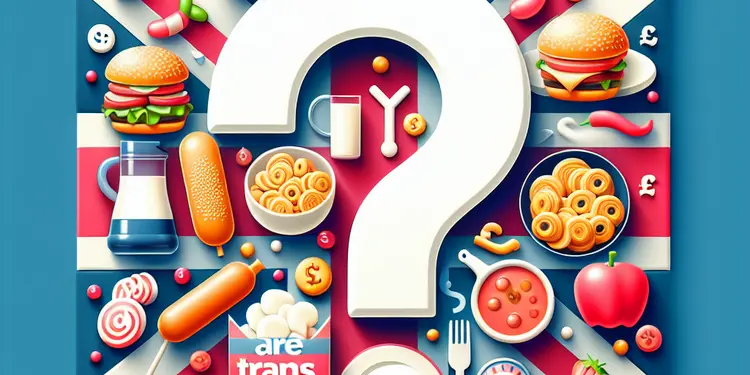
Are trans fats safe to eat?
Relevance: 44%
-

What should I tell my family and friends about my nut allergy?
Relevance: 44%
-

Is there a cure for nut allergies?
Relevance: 43%
-

What are Nut Allergies?
Relevance: 42%
-

How can nut allergies be managed?
Relevance: 40%
-

Is it safe to eat reheated rice?
Relevance: 39%
-

How can I prevent cross-contamination with nuts in the kitchen?
Relevance: 39%
-

What types of nuts can cause allergies?
Relevance: 38%
-

Can nut allergies develop later in life?
Relevance: 38%
-

What foods should I avoid if I have a nut allergy?
Relevance: 38%
-
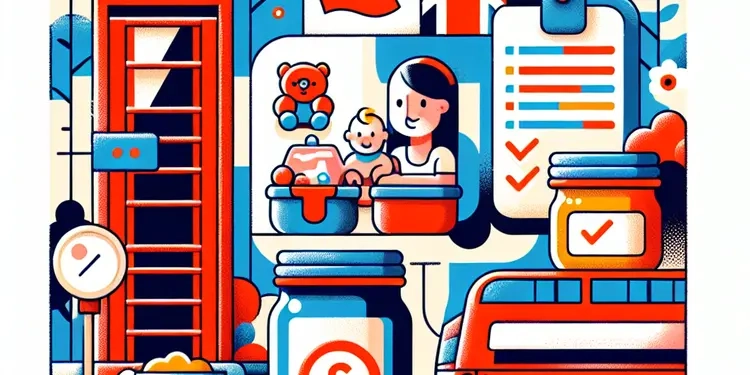
How do I know if my baby food is safe?
Relevance: 37%
-

How is a nut allergy diagnosed?
Relevance: 36%
-

What should I do if I think I have a nut allergy?
Relevance: 35%
-
Are eating disorders only about food?
Relevance: 35%
-

How can I tell if homemade baby food is safe?
Relevance: 33%
-
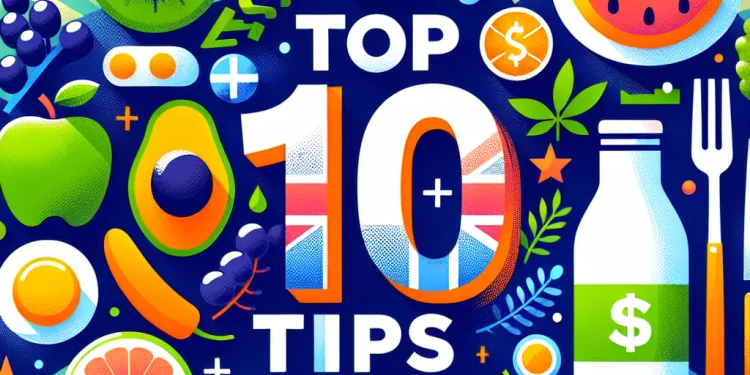
Top 10 Tips for Healthy Eating
Relevance: 33%
-

What is the difference between a nut allergy and intolerance?
Relevance: 33%
-
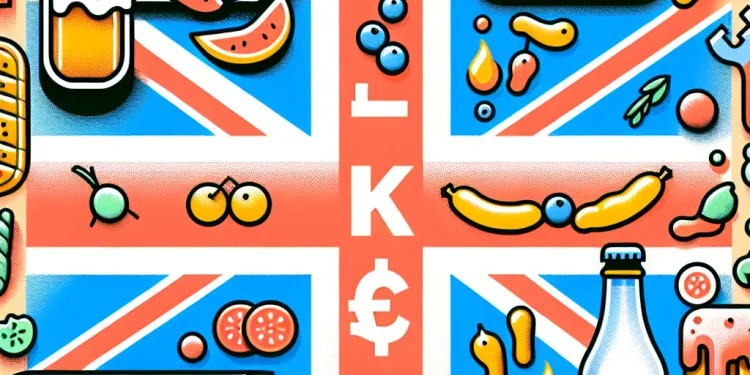
What foods are best to eat during a heatwave?
Relevance: 32%
-

Can tree nuts and peanuts cause cross-reactions?
Relevance: 32%
-
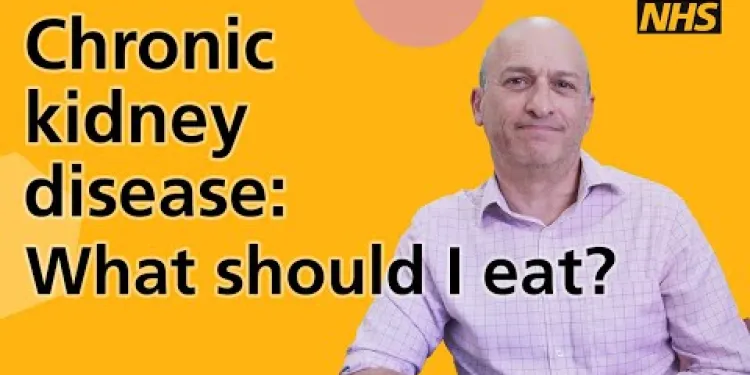
What should I eat to help with chronic kidney disease?
Relevance: 32%
-

What can I eat if I have Type 2 Diabetes?
Relevance: 31%
-
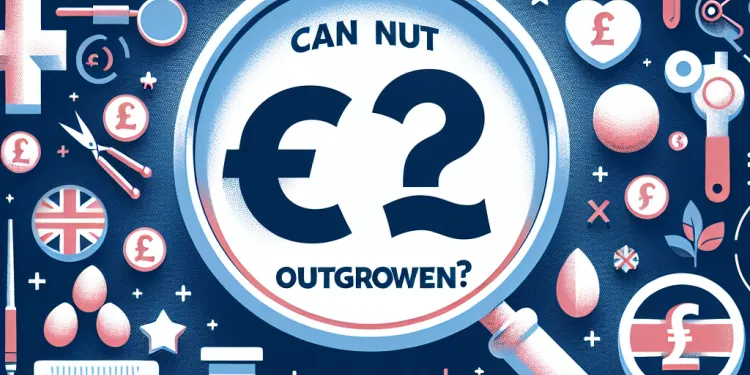
Can nut allergies be outgrown?
Relevance: 31%
-

What are the symptoms of a nut allergy?
Relevance: 29%
-

What foods are high in fiber?
Relevance: 29%
-
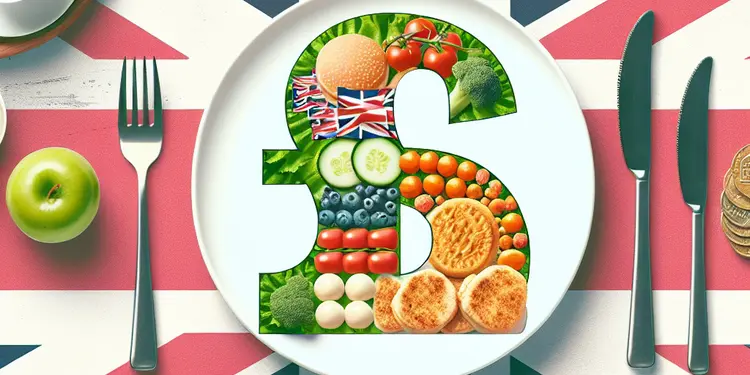
Should I consider the fat content when eating out?
Relevance: 29%
-

What foods can trigger nettle rash?
Relevance: 29%
-

Are glass jars or pouches better for keeping baby food safe?
Relevance: 28%
-

Nutrition for Pregnancy: What to Eat
Relevance: 28%
-

What foods support a healthy gut microbiome?
Relevance: 27%
-

What foods should I avoid to reduce my salt intake?
Relevance: 27%
-

What is junk food?
Relevance: 27%
-
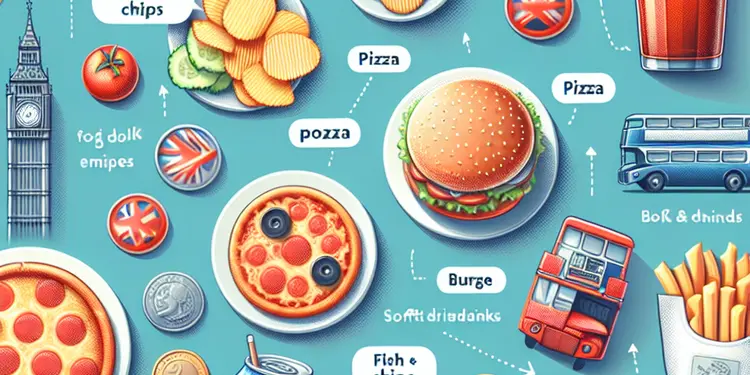
What are common examples of junk food?
Relevance: 27%
-

Is epinephrine the only treatment for severe nut allergy reactions?
Relevance: 27%
-
What is an eating disorder?
Relevance: 27%
-
What is an Eating Disorder?
Relevance: 27%
-

Why is junk food considered unhealthy?
Relevance: 26%
-
What are the main types of eating disorders?
Relevance: 26%
-

How much fat should I eat every day?
Relevance: 26%
Understanding 'May Contain Nuts' Labels
In the UK, food packaging often features labels reading 'may contain nuts.' These labels are primarily used as a precautionary measure by manufacturers to indicate that nuts may be present due to cross-contamination risks during production. For people with nut allergies, it is vital to pay attention to these warnings to avoid potentially serious allergic reactions.
The Risk of Cross-Contamination
Cross-contamination occurs when a nut-free product is inadvertently exposed to nuts during the manufacturing process. This can happen if shared equipment is used for multiple products or if nuts are processed in the same facility. Although manufacturers employ various strategies to minimize this risk, it is sometimes impossible to entirely eliminate it. Hence, they use 'may contain nuts' labels to inform consumers of this possibility.
Safety for Non-Allergic Individuals
For those who do not suffer from nut allergies, consuming products labeled as 'may contain nuts' generally presents no risk. These individuals can enjoy such products without concern for allergic reactions. The label is primarily intended to inform and protect those with nut allergies about potential risks, rather than to indicate the presence of nuts as an ingredient.
Guidelines for Individuals with Nut Allergies
For individuals with nut allergies, the 'may contain nuts' label must be taken seriously. Even trace amounts of nuts can trigger severe allergic reactions in sensitive individuals. It's recommended that people with known allergies avoid products with this label to ensure their safety. Consulting with a healthcare professional or an allergist can provide personalized advice based on the severity of one's allergy.
Legal and Regulatory Background
In the UK, food labeling is regulated to ensure consumer safety and informed decision-making. The Food Standards Agency (FSA) provides guidelines and frameworks for allergens labeling. The 'may contain nuts' warning helps create transparency and prevent accidental exposure to allergens, aligning with these regulatory standards.
Making Informed Choices
Consumers should be vigilant when reading food labels, especially those dealing with allergies. Understanding the implications of 'may contain nuts' and similar labels can guide individuals in making informed dietary choices. While the label serves as a helpful warning, consumers should also consider cross-referencing with allergen-free or certified products if they have specific dietary requirements.
Final Considerations
While foods labeled 'may contain nuts' are generally safe for non-allergic individuals, those with allergies should heed these warnings to prevent adverse effects. Awareness and understanding of food labels can help ensure dietary safety and maintain health. Individuals are encouraged to stay informed about regulations and updates from reputable sources like the FSA to navigate food choices effectively.
Frequently Asked Questions
What does 'may contain nuts' mean?
It means the product is made in a facility that processes nuts, and there could be cross-contamination.
Is it safe for someone with a nut allergy to eat foods labeled 'may contain nuts'?
It is generally not safe for someone with a nut allergy to eat these foods, as there is a risk of exposure.
Why do food labels include 'may contain nuts' warnings?
Labels include this warning to inform consumers about possible cross-contact with allergens.
Can a small amount of nuts in food cause an allergic reaction?
Yes, even trace amounts of nuts can cause severe allergic reactions in sensitive individuals.
Are 'may contain nuts' foods less safe than those without the label?
For people with nut allergies, they pose a higher risk than foods without the label.
Are manufacturers required to use 'may contain' labels?
While not strictly required, many manufacturers include them to alert consumers to potential allergen risks.
Is there a difference between 'may contain nuts' and 'produced in a facility that processes nuts'?
Both indicate possible cross-contact, but the specific wording might vary by manufacturer's preference.
What should I do if I have a nut allergy?
Avoid products labeled 'may contain nuts' and consult with an allergist for personalized advice.
Does 'may contain nuts' mean they are intentionally added?
No, it indicates potential unintentional presence due to processing conditions.
How can cross-contact happen in a facility?
Cross-contact can occur through shared equipment, surfaces, or storage areas.
If I don't have a nut allergy, should I still avoid 'may contain nuts' products?
If you do not have an allergy, these warnings are not a concern for you.
How can I spot actual nut ingredients on labels?
Look for nuts listed under ingredients; 'may contain' is about potential cross-contact, not ingredients.
Are there legal regulations for allergen labeling?
Yes, many countries have regulations requiring allergens to be declared on food labels.
Do all companies list 'may contain nuts' the same way?
Wording might vary, but the intent is to warn about possible allergen presence.
Can 'may contain nuts' labels be removed if processes change?
If a facility ensures no risk of contamination, they might update labels, but this depends on regulatory approvals.
How can I reduce the risk of allergen exposure?
Thoroughly read labels, choose products without warnings, and consult with healthcare professionals.
Is it possible for a label to falsely state 'may contain nuts'?
Manufacturers usually state this out of caution, but errors can occur; always consult a professional if unsure.
What should I do in case of an allergic reaction?
Seek immediate medical help and use an epinephrine auto-injector if prescribed.
Is 'may contain nuts' the same as a nut allergy warning?
'May contain' is about cross-contact potential, whereas an allergy warning identifies known allergenic ingredients.
Can cross-contact be completely avoided in facilities?
Eliminating cross-contact is challenging, but strict protocols can minimize risks significantly.
Useful Links
This website offers general information and is not a substitute for professional advice.
Always seek guidance from qualified professionals.
If you have any medical concerns or need urgent help, contact a healthcare professional or emergency services immediately.
- Ergsy carfully checks the information in the videos we provide here.
- Videos shown by Youtube after a video has completed, have NOT been reviewed by ERGSY.
- To view, click the arrow in centre of video.
- Most of the videos you find here will have subtitles and/or closed captions available.
- You may need to turn these on, and choose your preferred language.
- Go to the video you'd like to watch.
- If closed captions (CC) are available, settings will be visible on the bottom right of the video player.
- To turn on Captions, click settings .
- To turn off Captions, click settings again.
More Items From Ergsy search
-

Is it safe to eat foods labeled as 'may contain nuts'?
Relevance: 100%
-

Are nut oils safe for people with nut allergies?
Relevance: 52%
-

Are trans fats safe to eat?
Relevance: 44%
-

What should I tell my family and friends about my nut allergy?
Relevance: 44%
-

Is there a cure for nut allergies?
Relevance: 43%
-

What are Nut Allergies?
Relevance: 42%
-

How can nut allergies be managed?
Relevance: 40%
-

Is it safe to eat reheated rice?
Relevance: 39%
-

How can I prevent cross-contamination with nuts in the kitchen?
Relevance: 39%
-

What types of nuts can cause allergies?
Relevance: 38%
-

Can nut allergies develop later in life?
Relevance: 38%
-

What foods should I avoid if I have a nut allergy?
Relevance: 38%
-

How do I know if my baby food is safe?
Relevance: 37%
-

How is a nut allergy diagnosed?
Relevance: 36%
-

What should I do if I think I have a nut allergy?
Relevance: 35%
-
Are eating disorders only about food?
Relevance: 35%
-

How can I tell if homemade baby food is safe?
Relevance: 33%
-

Top 10 Tips for Healthy Eating
Relevance: 33%
-

What is the difference between a nut allergy and intolerance?
Relevance: 33%
-

What foods are best to eat during a heatwave?
Relevance: 32%
-

Can tree nuts and peanuts cause cross-reactions?
Relevance: 32%
-

What should I eat to help with chronic kidney disease?
Relevance: 32%
-

What can I eat if I have Type 2 Diabetes?
Relevance: 31%
-

Can nut allergies be outgrown?
Relevance: 31%
-

What are the symptoms of a nut allergy?
Relevance: 29%
-

What foods are high in fiber?
Relevance: 29%
-

Should I consider the fat content when eating out?
Relevance: 29%
-

What foods can trigger nettle rash?
Relevance: 29%
-

Are glass jars or pouches better for keeping baby food safe?
Relevance: 28%
-

Nutrition for Pregnancy: What to Eat
Relevance: 28%
-

What foods support a healthy gut microbiome?
Relevance: 27%
-

What foods should I avoid to reduce my salt intake?
Relevance: 27%
-

What is junk food?
Relevance: 27%
-

What are common examples of junk food?
Relevance: 27%
-

Is epinephrine the only treatment for severe nut allergy reactions?
Relevance: 27%
-
What is an eating disorder?
Relevance: 27%
-
What is an Eating Disorder?
Relevance: 27%
-

Why is junk food considered unhealthy?
Relevance: 26%
-
What are the main types of eating disorders?
Relevance: 26%
-

How much fat should I eat every day?
Relevance: 26%


